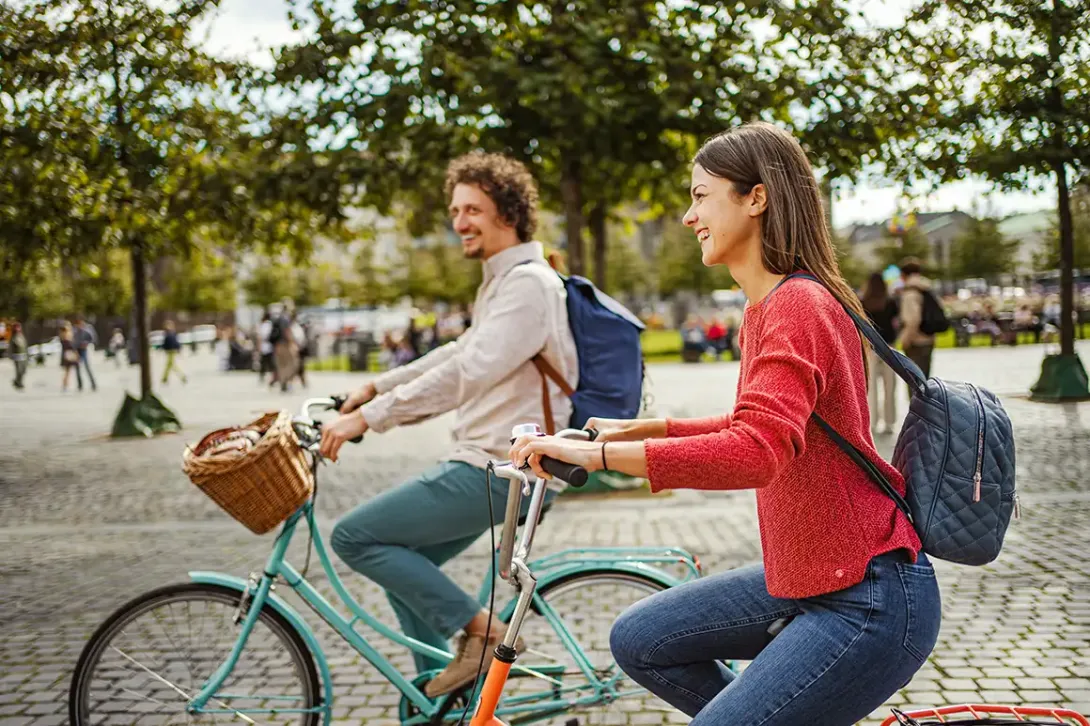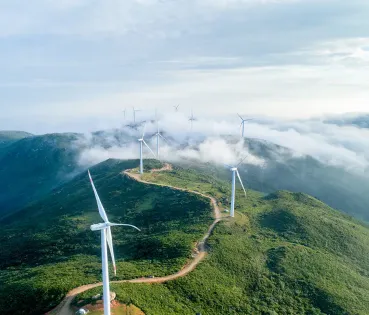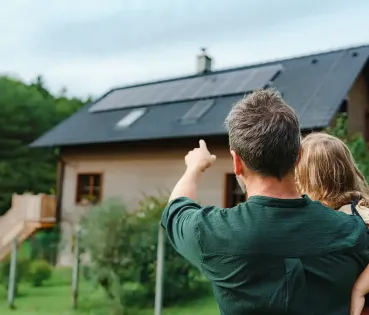
This is how you boost circularity in your daily life (reuse - resell - give away)
Betting on the circular economy can be an effective way to take care of the planet. Reuse, resell or give are the three keys to a more responsible, accessible and supportive consumption.
Each European citizen generates, on average, more than 500 kg of rubbish per year. An outrageous amount that requires a profound change of habits to achieve a more sustainable future. To curb the environmental degradation that this entails, the circular economy has become a real alternative to the linear model based on extracting - using - throwing away. And, within the circular economy, one of its simplest strategies is to reuse.
Reuse creatively: extend the life of the things you already have
A glass jar? It can be transformed into a desk organizer. Ripped jeans? In skilled hands, they can become a tote bag or patches for other garments. Turning waste into a resource is something that initiatives such as Rezero, in Catalonia, actively promote, working to achieve a waste-free society, promoting conscious consumption and extending the useful life of products.
Similarly, in many municipalities there are also libraries of things, such as the one in Sant Martí district of Barcelona, where you can borrow everything from tools to small household appliances. So, instead of buying something you will only use once, you share resources and reduce the demand for unnecessary manufacturing.
Furthermore, we can also find community workshops where people are taught to repair clothes, household appliances or bicycles. The Recumadrid project and the Fixed is Better than Brand New program (in Catalan, "Reparat millor que nou") organized by the Metropolitan Area of Barcelona, are clear examples of how repairing can be ways empowering citizens and reducing waste.
Resell or give away: a second life for the things you don't use
Even so, if your problem is that you have a closet full of clothes you don't wear or a shelf overflowing with forgotten books, it's time to practice the second R of this strategy: reselling. Platforms like Wallapop, Vinted, or Todocolección have made this process so much easier, connecting thousands of people who are looking to breathe new life into second-hand objects.
In cities such as Barcelona, Valencia or Madrid there are many second-hand markets and fairs, such as Lost&Found Market or El Flea, where you can sell or exchange objects directly. These initiatives contribute to the circularity of consumption, leading to less industrial production, one of the main generators of emissions and the impact on flora and fauna due to overexploitation of resources.
On the other hand, we can also choose to give away or donate objects that we no longer use. Donating toys to associations such as Creu Roja Joventut (the Red Cross Youth), delivering clothes to collection points run by Caritas or participating in neighbourhood exchange groups on apps such as Gratix are all ways of sharing value at no cost to you. In fact, giving an object in good condition not only avoids waste, but can also help people in vulnerable situations and invigorate communities.
This approach also generates indirect benefits: it bolsters the culture of care, generates trusting relationships and breaks the cycle of unnecessary accumulation. By giving away, you don't just empty out a drawer: you provide utility, reduce the level of fire hazard in crowded storage spaces and contribute to the environmental health of your surroundings.
Practical tips for practicing circularity on a daily basis
If you have already decided to contribute to a circular and sustainable approach to consumption but do not know where to start, it will be useful to be aware of some tips that will make that change easier.
Before buying something new, it is essential to take stock of what we already have, as we often forget that we have stored objects that can still be useful. Also, organizing exchanges with friends or family can be an excellent way to reuse goods, from children's clothing to appliances or decorative items.
It is also advisable to stay up to date regarding local initiatives, such as recycling centres or upcycling events. In Catalonia, for example, the Agència de Residus (Catalan Waste Management Agency) offers an updated map covering the organizations that promote reuse, providing a useful guide for those who wish to do their bit for the environment.
As we have already mentioned, repairing or personalizing the objects we use is also an effective way of prolonging their useful life and, at the same time, imbuing them with an emotional value that motivates us to take better care of them.
Applying the principles of the circular economy does not require major investments or radical changes. Reusing, reselling or giving away are everyday gestures that, if extended, can have a profound impact. Because every object saved from the landfill is a victory over waste.




